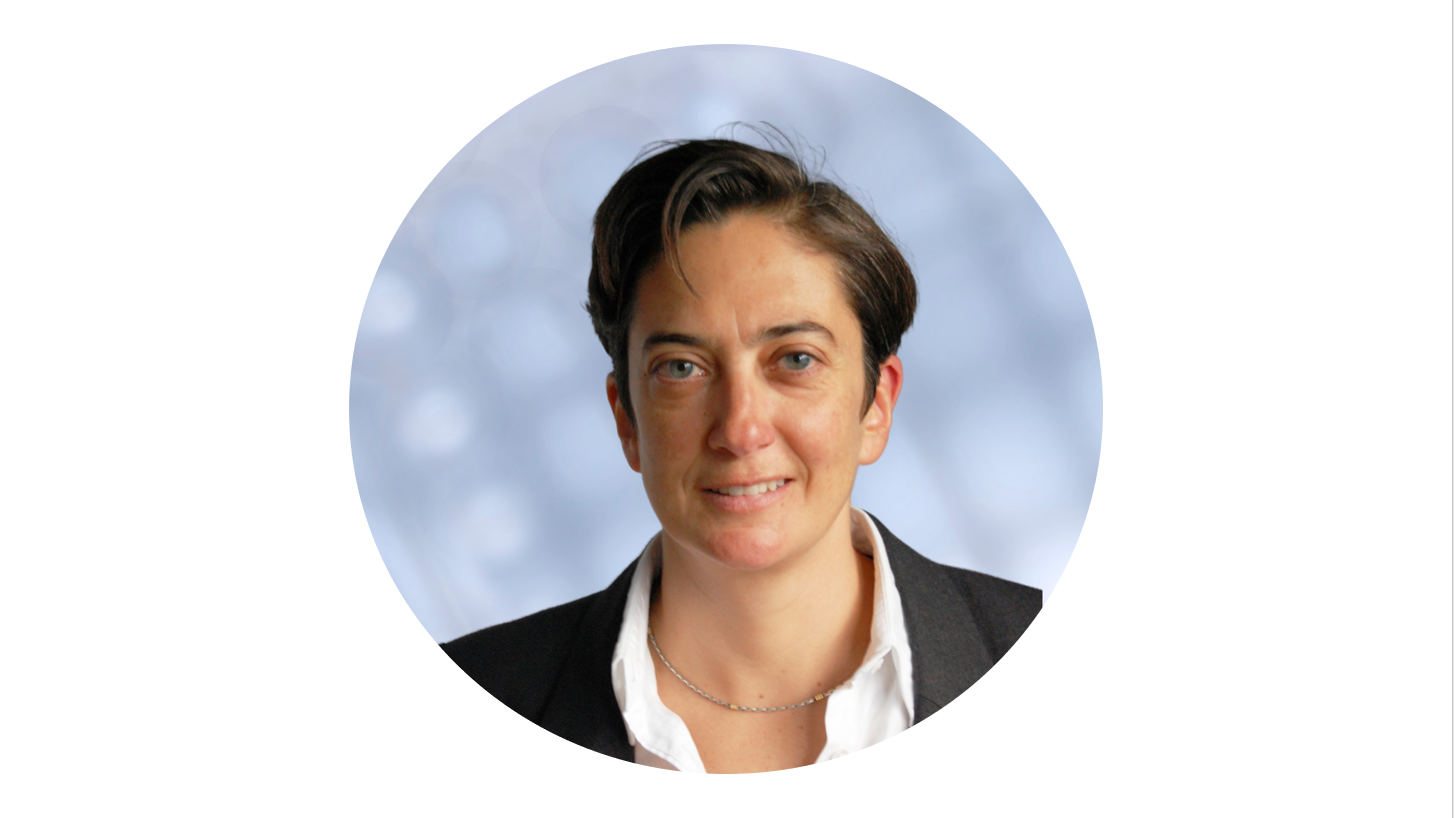
Tell us a bit about yourself
I am originally from Uruguay and an Italian citizen. I am married to a Dane, and we live in London. After finishing school in Montevideo, I moved to Paris to study science in Paris VI and the Ecole Normale Supérieure. After graduating with a PhD in neuroscience I worked at the University of Cambridge as a researcher. My research interests were driven by the motivation to better understand the roots of neurological diseases and the changes taking place in the brain and synapses at the cellular and molecular level. I had the privilege to work internationally with inspiring mentors and to participate in the discovery of novel synaptic structures and mechanisms underlying synaptic plasticity. After leaving academia, I worked in industry and consulting gaining experience developing commercialisation and clinical development strategies for biomarkers and neurology assets.
What is your role within EATRIS and what does a typical week look like for you?
I joined EATRIS as a senior science and business strategy developer. My role is to create a sustainability strategy for the European Platform for Neurodegenerative Disorders (EPND) working as part of a multidisciplinary team. EPND is a European infrastructure aiming to facilitate access to clinical data and biological samples to accelerate the discovery of biomarkers and ultimately therapies for neurodegenerative diseases.
What has been the highlight of your EATRIS experience so far?
The best part has been to feel part of a team of diverse and motivated people from day one. I have only joined a few weeks ago, so I am sure this is just the beginning of an exciting journey. Thank you for the warm welcome!
What is translational research for you?
I believe that translational research goes beyond the search for means to treat or cure. It is a multidisciplinary endeavour transcending science and medicine. It brings together a variety of skills and knowledge to connect the dots and improve our understanding of health and disease to drive innovation and change to ultimately improve quality of life.
Why did you decide to work in the translational medicine field?
I started my research journey in a Parkinson’s disease (PD) lab. As an inexperienced student, I naively thought that since the ”cause” of PD could be “narrowed” to the decay of a defined set of neurons, finding a solution was bound to be within reach. Realising that things were a tad less clear, I spent the following years tackling the problem from the opposite end, studying how healthy neurons work. My journey led me to believe in the importance of developing better diagnostic tools to unlock better therapies. I look forward to tackling this challenge and contribute to the efforts to find better solutions.
What advice would you give your younger self?
Follow your instincts and your passions, listen to your mentors and have a bit of fun along the way.
What do you like to do when you aren’t working?
I am a sailor and love the open sea. Sailing with friends and family gives me the opportunity to meet fascinating people from all walks of life in various corners of the world. I also race yachts and dinghies. I particularly enjoy the challenges of offshore racing.
If you were a drug, vaccine or diagnostic, what would you be and why?
I would be a wearable diagnostic solution that would enable patients suffering from neurodegenerative diseases to better manage their symptoms and treatments and improve their quality of life.
What would surprise people to know about you?
I distil my own gin.
















